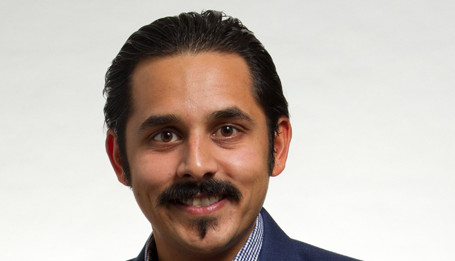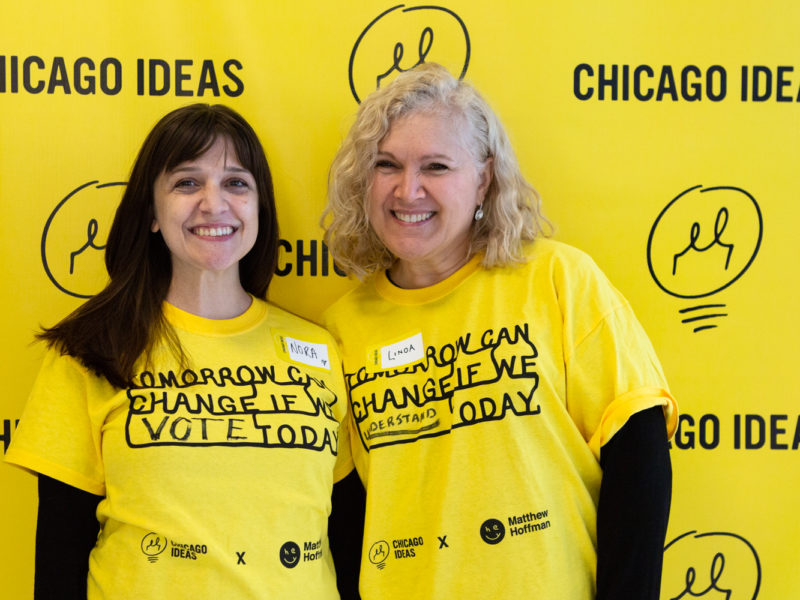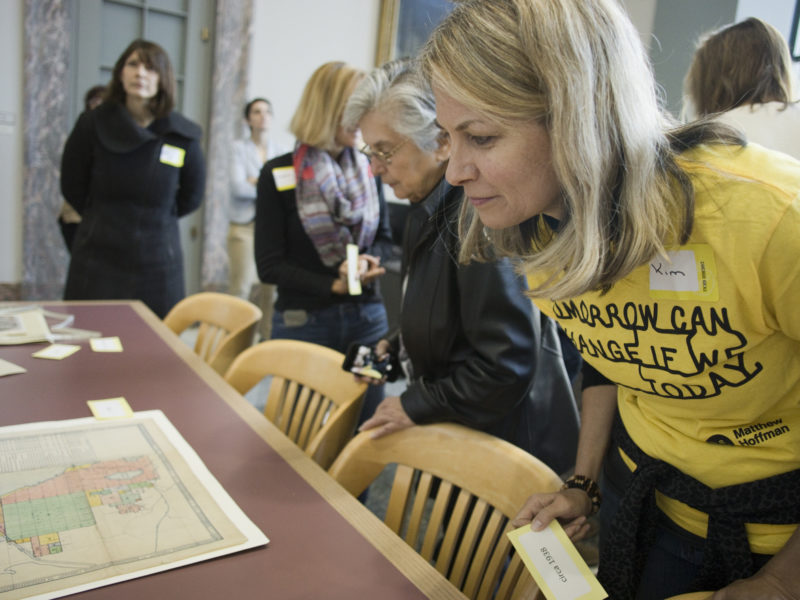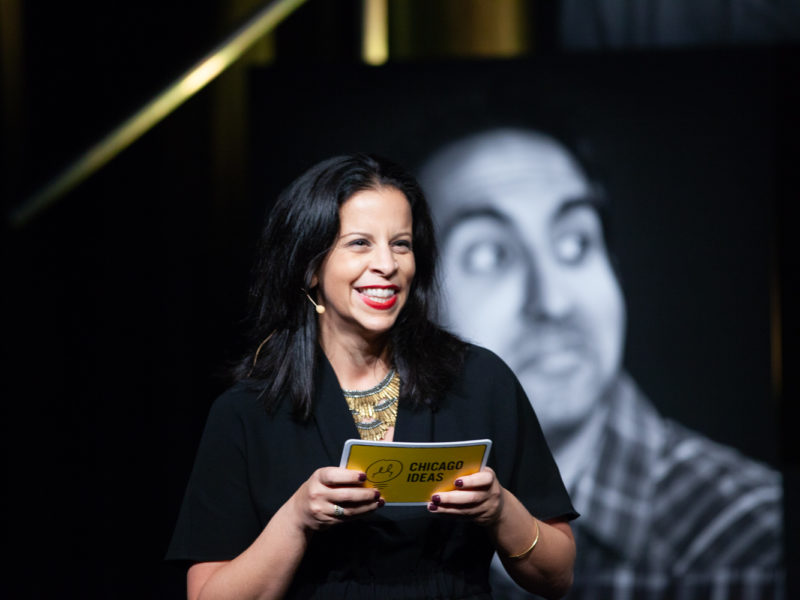
Launching 18daysinEgypt.com, a Web-Native Documentary Project
Video journalist Jigar Mehta makes history come to life. His collaborative documentary project, 18 Days in Egypt, encourages us to tell our stories –together. We caught up with Jigar about the launch of his project.
1. Tell us about the launch of 18DaysinEgypt.
On January 25th 2012, the one-year anniversary of the start of the Egyptian revolution, we launched 18DaysinEgypt.com. No red carpet, no world premiere.
It was a moment that we had spent many months building towards, but the site was not our final product. The launch was the beginning of our documentary about the revolution. Our audience is our collaborator.
18 Days in Egypt is an interactive documentary project that tells the story of the ongoing Egyptian uprising, using the personal media created by Egyptiansin the crucible of the revolution. We want Egyptians to tell this story together, with their footage, their photos, their e-mails, their texts, even their Tweets and Facebook status updates, all created during the last year in Egypt, particularly but not limitedto the first 18 days of the uprising, January 25th to February 11th, 2011.
2. What lessons have you learned thus far by live documenting these historic events?
Little did we know that major revolution events would occur a week into our launch. Exactly one year after the Battle of the Camels (when thugs on camelback stormed into Cairo’s Tahrir Square and beat protesters), a soccer match between rival teams erupted in violence, leaving 74 dead.
18 Days in Egypt, which had planned to deploy its team of young Egyptian journalists to collect social media content from the original historic days of the revolution, quickly changed course. Since the Revolution is still very much alive, 18 Days in Egypt became a living documentary—and captured the events of the revolution as they unfolded.
In a matter of minutes on February 1, the death toll climbed from 5 to 20 to over 70. Our fellows gathered personal interviews and firsthand footage from on the ground to create a stream capturing little known details of the Ahly Massacre.
The Port Said tragedy showcased the importance of being prepared for the unexpected. We benefited from the fellows having spent 3 weeks working within the platform, developing their own workflow that maximized their efficiency. It is doubly important because one of the aspects of the fellowship is the personal development of them as storytellers.
3. What do you think are the challenges 18DaysinEgypt will face moving forward?
Our fellows have done a great job thus far in documenting the ongoing revolution, experimenting in new types of storytelling using social media, but the next challenge for us is harnessing networks to turn magnitudes of others into contributors. With a crowd sourced project like ours, the stories are the life of the project.
When ‘the ask’ is simple, the contributions increase but the overall quality of the stories suffer. It is a topic we are spending considerable amount of time exploring, how to bring more people into the experience as storytellers not just observers and maintain a high level of quality in the stories.
It is a major area of focus for us as we iterate the site and something we are working with our mentors on, but it would be good to open up the discussion in the comments below.
For us, much like the revolution, the process continues today, January 25th was merely the beginning.
Personal stories like these are always being added on 18daysinegypt.com. Be sure to check them out! Watch Jigar’s CIW Talk from 2011 here.
 Jigar Mehta is a documentary filmmaker and a journalist. He is currently working on developing a collaborative storytelling platform, 18 Days in Egypt is its first project.
Jigar Mehta is a documentary filmmaker and a journalist. He is currently working on developing a collaborative storytelling platform, 18 Days in Egypt is its first project.




